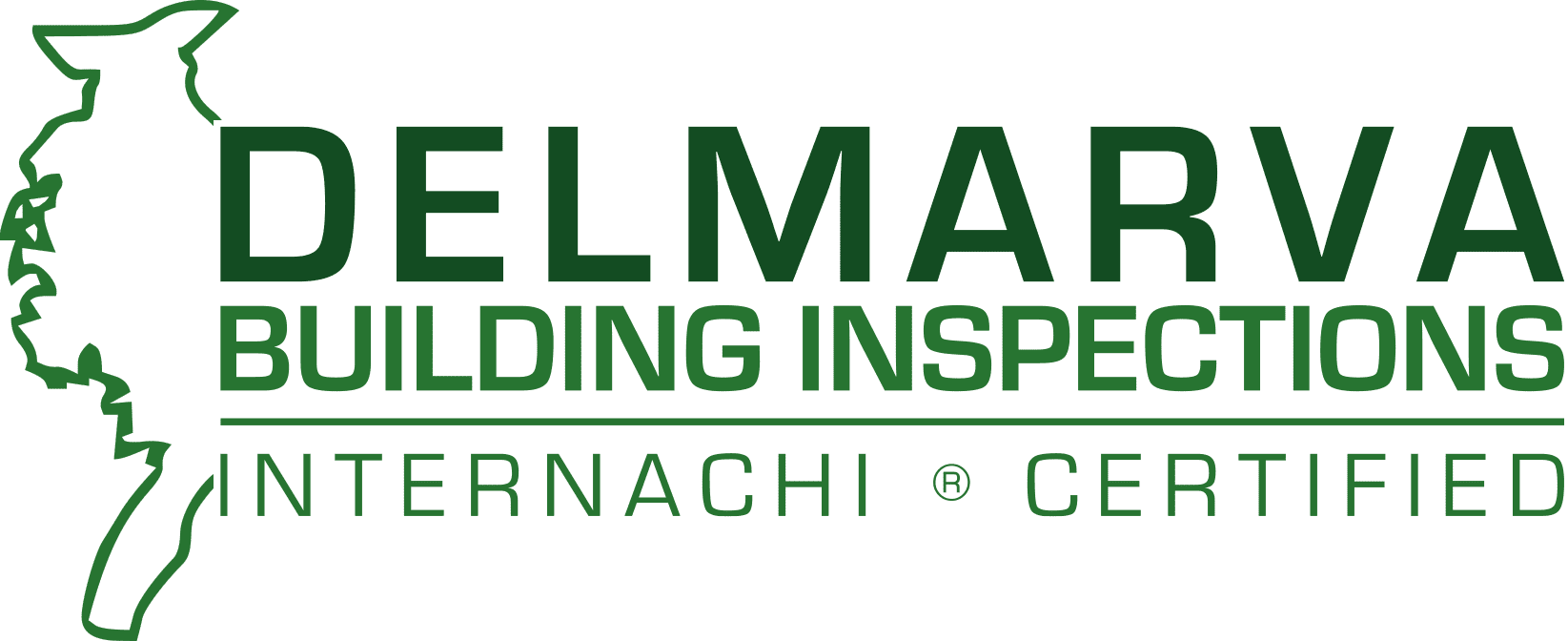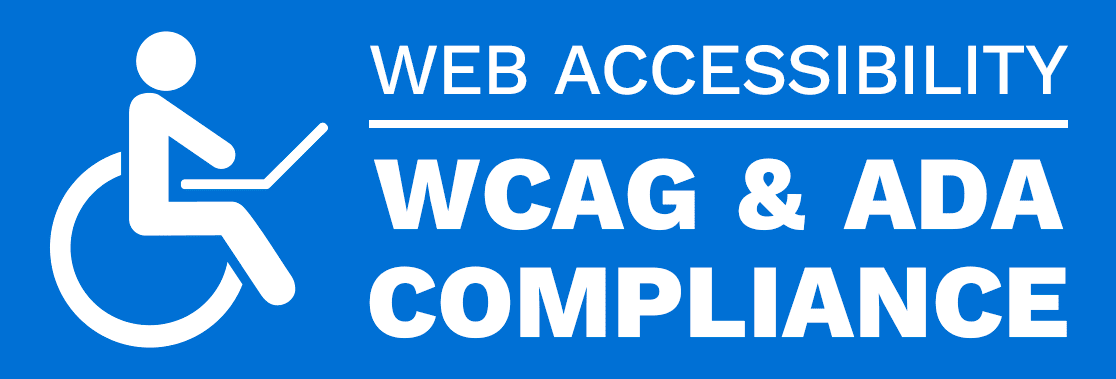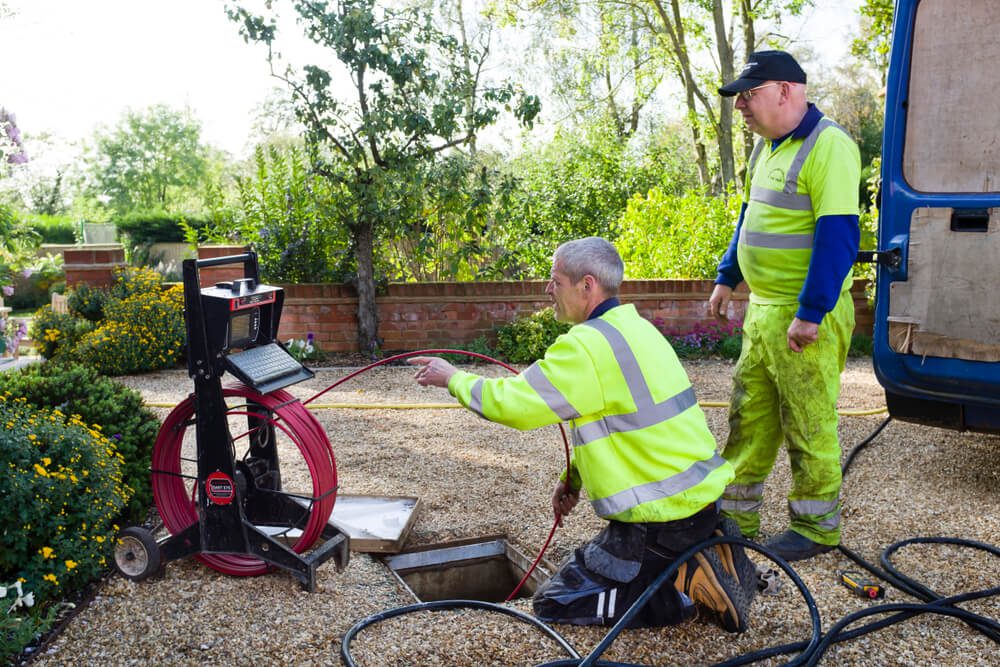Wastewater Treatment Is Subject To Regulatory Standards
The treated wastewater is subject to regulatory standards set by the U.S. Environmental Protection Agency (EPA) and the Delaware Department of Natural Resources and Environmental Control (DNREC) to protect water quality and human health. In addition, some industries must pre-treat their wastewater to remove certain pollutants before it enters the public sewer system.
It’s important to note that wastewater treatment is an important part of protecting the environment and public health, and proper treatment and disposal of wastewater are critical to prevent water pollution and ensure the availability of clean water for future generations. Therefore, keep your sewer main in top shape. It may require a sewer line inspection every few years, especially if you live in an older home.
What Is The Lifespan Of A Sewer Line
The lifespan of a residential or commercial sewer line can vary depending on several factors, such as the material used in the pipes, the soil conditions, the amount of usage, and the maintenance practices. However, here are some estimates for the lifespan of common types of sewer lines:
- Cast iron sewer lines: Cast iron sewer lines have a lifespan of about 50-75 years.
- PVC sewer lines: PVC sewer lines can last up to 100 years.
- Clay sewer lines: Clay sewer lines can last 50-60 years or more, but their lifespan may be shorter in areas with soil movement.
- Concrete sewer lines: Concrete sewer lines have a lifespan of about 50-100 years.
- Orangeburg sewer lines: Orangeburg sewer lines have a 30-50 years lifespan.
It’s important to note that regular maintenance, such as cleaning and inspection, can help prolong the lifespan of a sewer line. Additionally, factors such as tree root intrusion and sewer line damage can significantly reduce the lifespan of a sewer line.
Should You Have A Sewer Main Inspected? If Yes, How Often And Why?
Yes, sewer line inspections should be completed regularly to ensure they function properly. It will help identify any potential problems before they become major. In addition, regular inspections can help prevent costly repairs and avoid messy and inconvenient sewer backups.
How often should you order a sewer line inspection? A sewer line inspection will depend on several factors, such as the age of the sewer lines, the type of material used, the frequency of use, and the environmental conditions. A general recommendation is to have your sewer line inspected at least once every 2-3 years. However, if the sewer lines are older or there are known issues such as tree root intrusion or a history of backups, more frequent inspections may be necessary.
Does Your Home Need To Get Tested For Termites? Call Us Today!
A Sewer Line Inspection Will Usually Require A Special Camera Designed For Your Mainline
A sewer line inspection typically involves using a camera to visually inspect the interior of the pipes. This can help identify blockages, leaks, and other issues that could affect wastewater flow. Inspections can also help identify potential hazards, such as cracks or breaks in the pipes that may be causing damage to the surrounding soil or structures.
Regular inspections and maintenance can help prolong the lifespan of sewer lines and prevent costly repairs. In addition, they can help ensure the proper functioning of the sewer system and protect public health and the environment.

How To Properly Maintain Your Sewer Main
Proper sewer line maintenance can help prolong its lifespan, prevent blockages, and avoid costly repairs. Here are some tips on how to properly maintain a sewer line:
Avoid flushing non-degradable items:
Flushing non-degradable items such as wipes, feminine hygiene products, and paper towels can cause blockages in the sewer line—only flush toilet paper down the toilet.
Dispose of grease properly:
Pouring grease down the drain can cause blockages in the sewer line. Instead, pour the grease into a container and dispose of it in the trash.
Install drain screens:
Install screens in the drains of sinks, showers, and tubs to prevent hair and other debris from entering the sewer line.
Inspect sewer lines regularly:
Regular inspections can help identify potential issues before they become major problems. For example, a professional plumber can perform a video inspection of the sewer line to identify any blockages or damage.
Schedule regular cleaning:
Over time, debris can build up in the sewer line, causing blockages. Scheduling regular cleaning can help remove the buildup and prevent blockages. A professional plumber can use a high-pressure water jet to clean the sewer line.
Consider preventive maintenance:
Regular maintenance, such as cleaning and inspections, can help prevent problems before they occur. Consider scheduling preventive maintenance regularly to ensure the proper functioning of the sewer line.
By following these tips, you can help ensure the proper functioning of your sewer line and avoid costly repairs. It’s also important to contact a professional plumber if you notice any signs of sewer line problems, such as slow drains, foul odors, or sewage backups.
Thermal Imaging Maryland, For Your Building Inspection
Don’t Wait Until It’s Too Late ––– Schedule A Sewer Line Inspection Today
In conclusion, a regular sewer line inspection is crucial for maintaining the health and safety of your home or business. By identifying potential issues before they become major problems, you can save yourself time, money, and stress in the long run. A professional sewer line inspection company can provide you with the expertise and equipment to ensure your sewer lines function properly. Don’t wait until it’s too late – schedule a sewer line inspection today and enjoy peace of mind knowing your property is protected. When you need a sewer line inspection Delmarve Inspection Group has you covered!


















